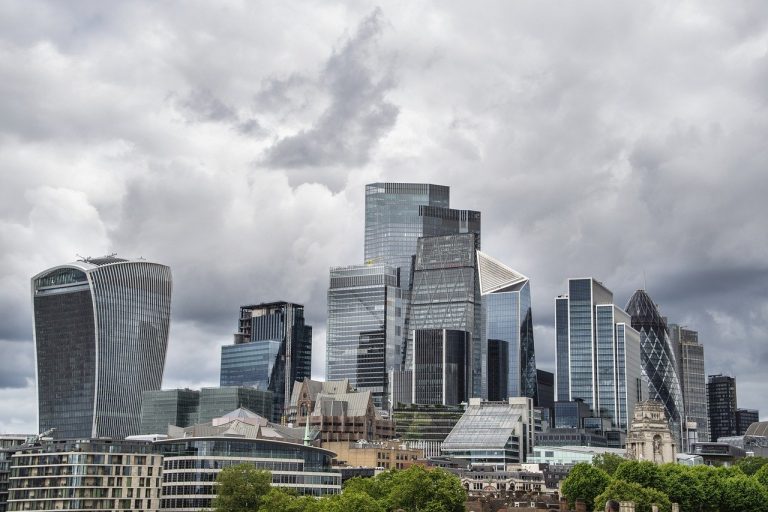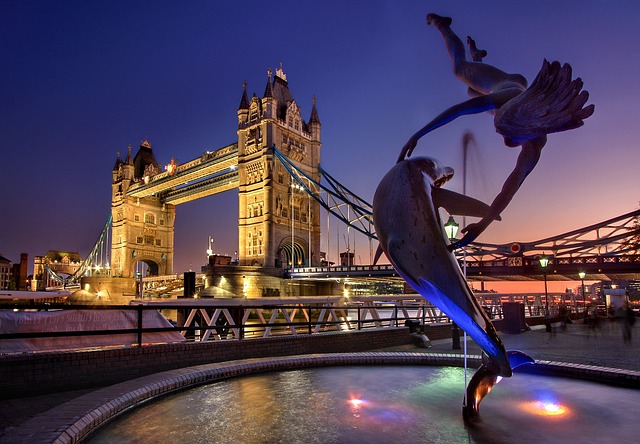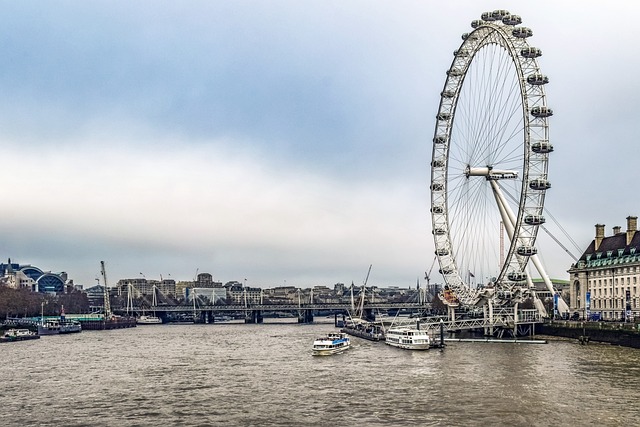
Aerial view of finance district in London
Curious Things Property Valuations.
Increasing value is almost like fools gold – as many have recently discovered – more apparent than real. Worse, on regular revaluations it can lead to falsely inflating company values, as directors of a UK Hotel company found to their cost. Their salaries were based on rising values of the property holdings rather than their performance as a management company and bonuses paid accordingly.
Their valuers happily valued at the top of the market ultimately overvaluing so much that jail terms for fraud were handed out.
Don’t Demolish Our heritage!
Valuations can cut two ways though, and many fine buildings have been demolished because myopic owners were unable to see alternative uses for them. Many fine mills in the North, or warehouse properties in seaports were made redundant by technological change and demolished as redundant, frequently leaving swathes of underdeveloped land zoned for industrial use that no industry wanted to use.
In recent years the continued growth of the hospitality industry (Britain’s 5th largest industry and globally growing at an average of 8% a year every year since 1945 according to the UN’s World Tourist Organisation), together with the continued under provision of good imaginative hotels has created opportunity for those willing to challenge the established mores. Mr. Hilton famously said that hotels were all about ‘location, location, location’ and whilst this remains a true mantra for the industry, spotting new locations is something which offers advantage to those with local knowledge.
Hotel Design
Designing hotels is a specialist skill and there are a number specialist interior design and architects practices in the UK who have this ability and knowledge base (find them in our free Directory). The most unlikely buildings have become hotels – the current fashion is for office blocks to be converted into
Travelodge type of operations Surbiton is a high profile example), but i have recently returned from viewing an exciting conversion of an old weaving mill into a classy four star hotel (the towns first).
In Neptune Quay in Ipswich you have a local example by local architects Barefoot and Gilles working with experienced hotel interior designers Trevillion (see Salthouse Harbour Hotel), another Victorian warehouse saved from the wrecking ball and given a new lease of life.
The Secret Property Developer Bargains To Be Had
Apart from the Heritage considerations such properties are often overlooked and represent bargains – oh yes they cost to convert, but they convert into attractive hotels of character. Costs are comparable to new build but locations can be unattainable without a conversion – a conversion such as the ones above may cost £220,000 per key, but returns of 8 – 10% per annum are attainable by a good independent.
In France one can rarely visit a middles sized town that does not have the whole gamut of 2, 3 and 4 star hotels as well as traditional hotels we would now call ’boutique’ in their individuality. I was told recently by an hotel chain that Chelmsford, one of our major county towns within commuting distance of London, was not a four star town. Unimaginative? I think so. Opportunity? Oh yes.



